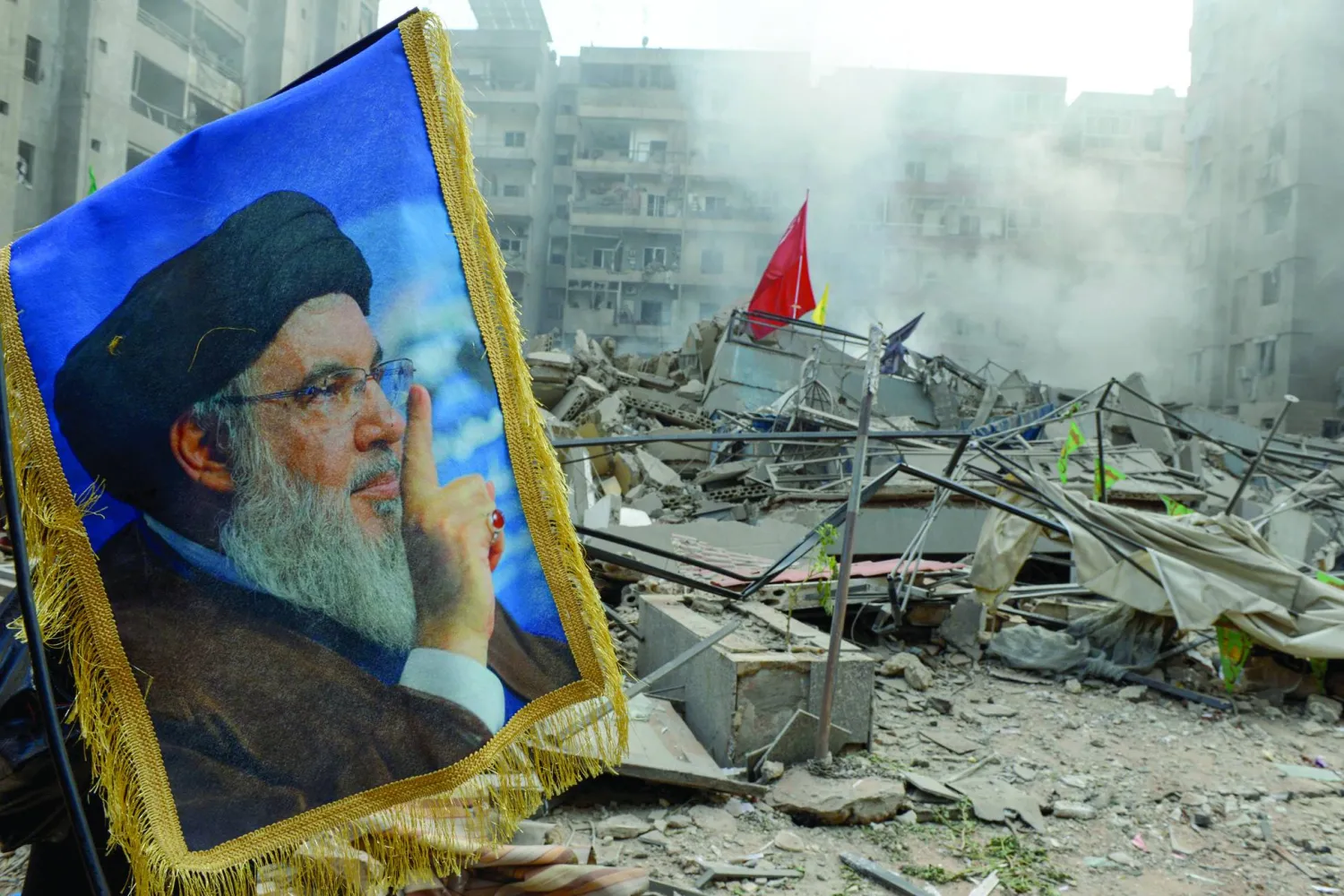An American report has shown that the latest round of Israeli airstrikes on Syria damaged a landing runway at Damascus International Airport.
This confirmed a Russian statement that the attack targeted the airport, not the al-Quneitra region as Damascus had announced.
Satellite images from Capella Space shared on Twitter by Aurora Intel clearly show that the runway at the airport was cratered in three spots spaced perfectly about 600 meters.
The War Zone website said: “Currently, the southern part of Damascus International Airport is closed to airline traffic as it undergoes refurbishment.
“Exactly why this particular runway was targeted is unclear, therefore, especially as the other runway remains active and is reportedly used to host flights bringing material to support Iranian military activities in the country”.
According to Rear Adm. Vadim Kulit, deputy head of the Russian Center for the Reconciliation of Warring Parties in Syria, “On December 16, from 1:51 to 1:59, four Israeli Air Force F-16 tactical fighters from the airspace over the Golan Heights struck with eight cruise missiles at targets near the Damascus International Airport.”
The Syrian state news agency SANA meanwhile cited an unnamed military source as saying, “the Israeli enemy carried out an aerial aggression,” adding that the Israeli missiles were fired from airspace over the Golan Heights.
SANA repeated the claim that Syrian air defenses shot down most of the cruise missiles.
Syrian Observatory for Human Rights sources have confirmed that Israeli missiles hit Lebanese Hezbollah and Iran-backed militias positions and warehouses in the vicinity of Deir Ali area in the southern Damascus countryside, at the Daraa-Damascus countryside-Al-Suweida triangle, destroying the target sites.
However, no casualties have been reported until now.
The Israel attacks also hit an air defense post, south of Al-Shahba area in Al-Sweida, killing at least one regime soldier and wounding others, and causing material damage in the area.
Moreover, Observatory sources have denied all reports that the attack targeted the vicinity of Damascus International Airport.









